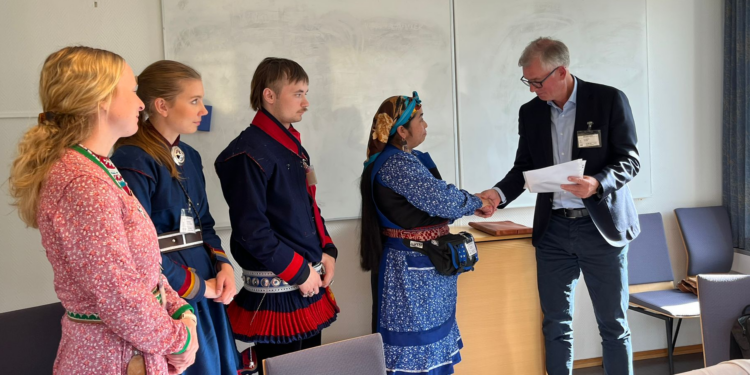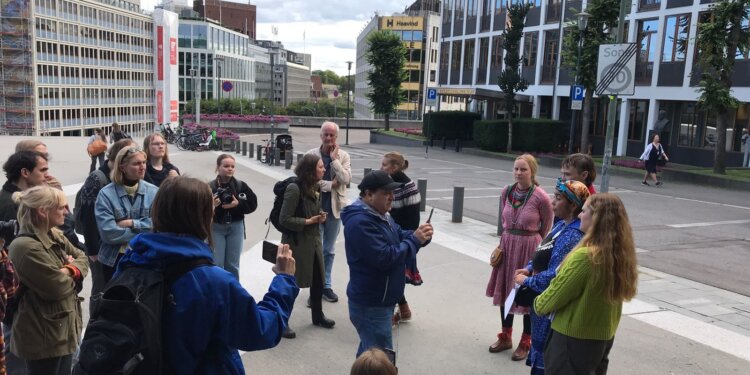14 Sep Statkraft in violation of human rights in Chile; Mapuche-Williche indigenous people file complaint in Norway
PRESS RELEASE

– Statkraft advances hydroelectric projects that violate the right to free, prior, and informed consent, territory, cultural identity and to defend human rights by indigenous communities.
– The company contravenes its duty to respect human rights and to apply due diligence in its activities abroad.
Oslo, Norway and Valdivia, Chile. 14 September 2023. Statkraft violates human rights in relation to the development of hydroelectric projects intended to be located in the Pilmayken territory of Mapuche-Williche people in Chile.
Today, Mapuche-Williche communities from the Pilmayken territory, represented by their autonomous organisation Aylla Rewe of the Ngen Mapu Kintuantü and ancestral authorities, the Machi Millaray Huichalaf, spiritual authority of the Mapuche people, and the council of lonkos, representing more than 150 affected indigenous communities, filed a complaint against Statkraft with the OECD National Contact Point (NCP) in Oslo, Norway, for possible violations of the Guidelines on Multinational Enterprises (the Guidelines). Chile signed the Convention Establishing the OECD on 7 May 2010.
This is the first complaint filed by indigenous communities in the Americas against a Norwegian company under recent reforms to the Guidelines, adopted in June this year. The communities represent thousands of indigenous people who ancestrally inhabit and use the Pilmayken territory.
In 2009, the Chilean company promoting the hydropower projects sought official authorisation for the projects without the communities being consulted and involved in the environmental, social, and cultural impact assessments of the projects. In 2015, Statkraft acquired the assets of the Chilean company and three hydroelectric projects on the Pilmaiquén River: Rucatayo, Osorno and Los Lagos. However, it failed to comply with its human rights’ due diligence on the acquisition and continued to advance the projects without significant changes.
Since 2011, when the communities decided to defend their territory, they have faced various obstacles from the Chilean authorities, but also retaliation from Statkraft. Since its involvement in the projects, the company has refused to recognise the existence, territory, and ancestral practices of the Mapuche-Williche communities in the Pilmayken, as well as the cultural impacts of its activities and the right to indigenous consultation and free, prior and informed consent.
Statkraft has also failed to provide clear, accurate and complete information to the communities about the development of its projects. Although the company recently reported that it has withdrawn from the Osorno project, the communities have no confirmation of the withdrawal of the corresponding permits and authorisations. This withdrawal followed an intense demand by the communities for recognition of their ancestral rights.
Earlier, in 2021, Mapuche-Williche representatives learned of the unilateral restitution of the Ngen Mapu Kintuante ceremonial complex –owned by Statkraft Chile Inversiones Eléctricas– to a third party, without consultation with the Mapuche-Williche communities, despite public knowledge of a restitution process initiated by Mapuche-Williche communities in 2011. Such actions have generated division among the communities settled in the Pilmayken territory, as well as the creation of groups of interest that favour the company.
Far from contributing to the mitigation of human rights abuses, the company has used its influence to exert economic pressure to advance its projects, so that the use of public force and criminalisation of community leaders, indigenous authorities and defenders has been constant on the part of the Chilean State to guarantee this investment.
These circumstances would constitute violations of the Guidelines, which compel companies to respect human rights and to identify, prevent and mitigate possible impacts in the development of their activities. This obligation extends to companies with whom it has business relations, such as those in its supply chain and subsidiaries.
“The Pilmaiquén River is sacred in our cosmovision, and together with the ancestral territory that surrounds it and the ceremonial sites, a source of health, spiritual relief, wellbeing and community balance. It is also a territory rich in biodiversity. Now, Statkraft wants to flood 191 hectares and refuses to recognise our rights and identity over these territories,” stated Millaray Huichalaf Padrines, the traditional Mapuche-Williche spiritual authority.
Statkraft’s subsidiaries in Chile have systematically refused to recognise indigenous rights over the territories where they intend to develop their projects. The Mapuche-Williche communities therefore turn to the Norwegian NCP, a non-judicial mediation mechanism, to seek a remedy to these abuses, taking into consideration Statkraft SA’s responsibility as a parent company –owned by the Norwegian state– in accordance with the Guidelines but also in consideration of the Norwegian Transparency Act.
The complainant communities expect the Norwegian NCP to take cognisance of the possible human rights violations that the Norwegian company is allegedly incurring in relation to its projects in Chile, to admit the complaint and to call on Statkraft to recognise the rights of the complainant communities and to prevent the continuation of corporate actions contrary to the Guidelines.
Statkraft should generate mechanisms for genuine dialogue and participation with the communities, use its leverage to stop community division and the criminalisation and violence against community leaders, indigenous authorities, and defenders –particularly women– in relation to its projects. Finally, apply adequate standards of due diligence to reconsider its investment in Mapuche-Williche territory.
In the complaint filed today, the Mapuche-Williche communities have the assistance and accompaniment of Manuela Royo Letelier, Andrea Pietrafesa, Colectivo de Acción por la Justicia Social (CAJE) and the Initiative for Transnational Justice (ITJ), a Global South-led organization which aims to ensure transnational justice and accountability through collaboration, support, and the strengthening of counterparts in the Global South that defend economic, social and cultural rights.

Contact:
Andrea Pietrafesa (+54) 9 2324 46-4836 / [email protected]
Silje Kvanvik (+47) 418 52 691 / [email protected]
